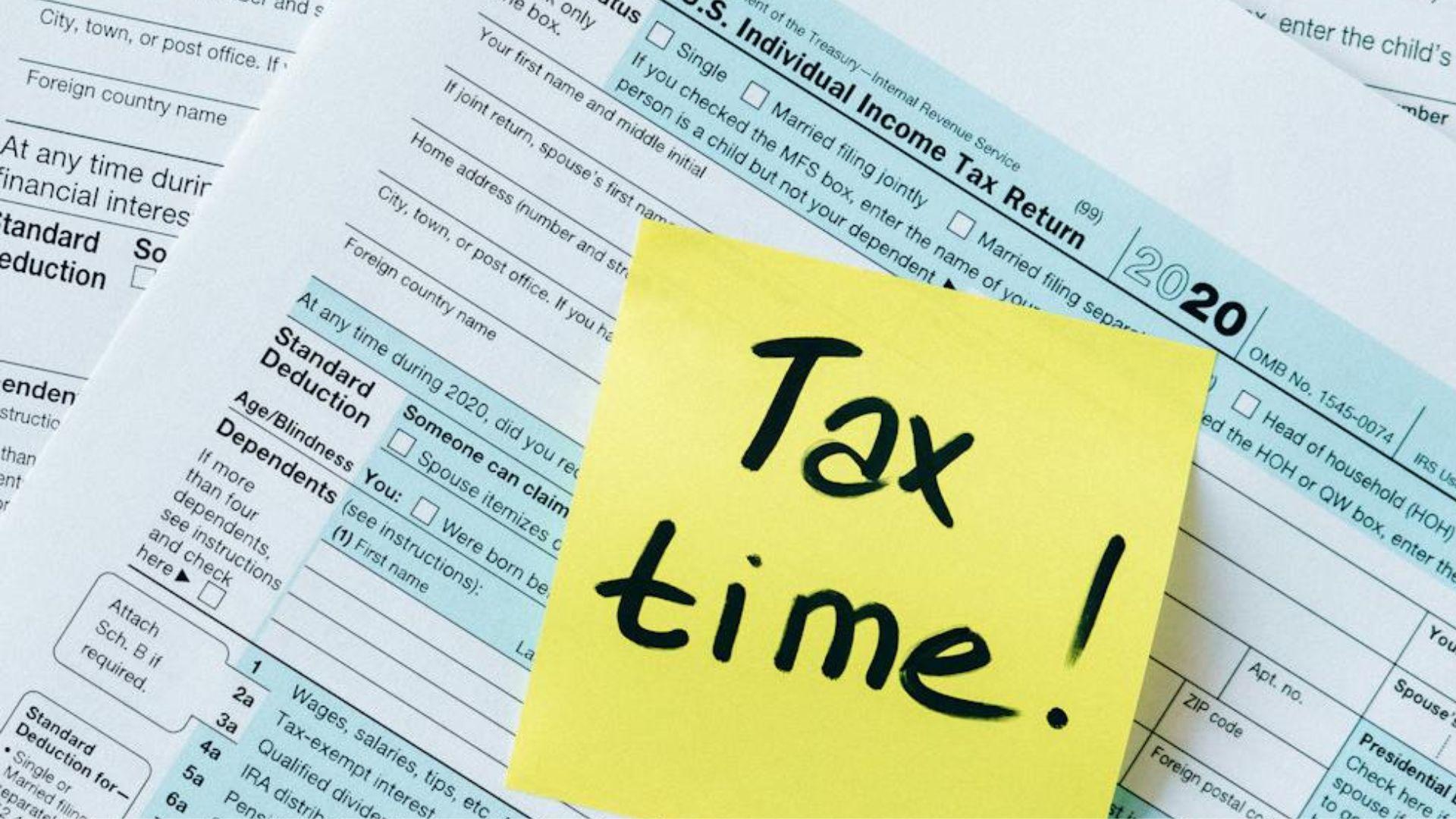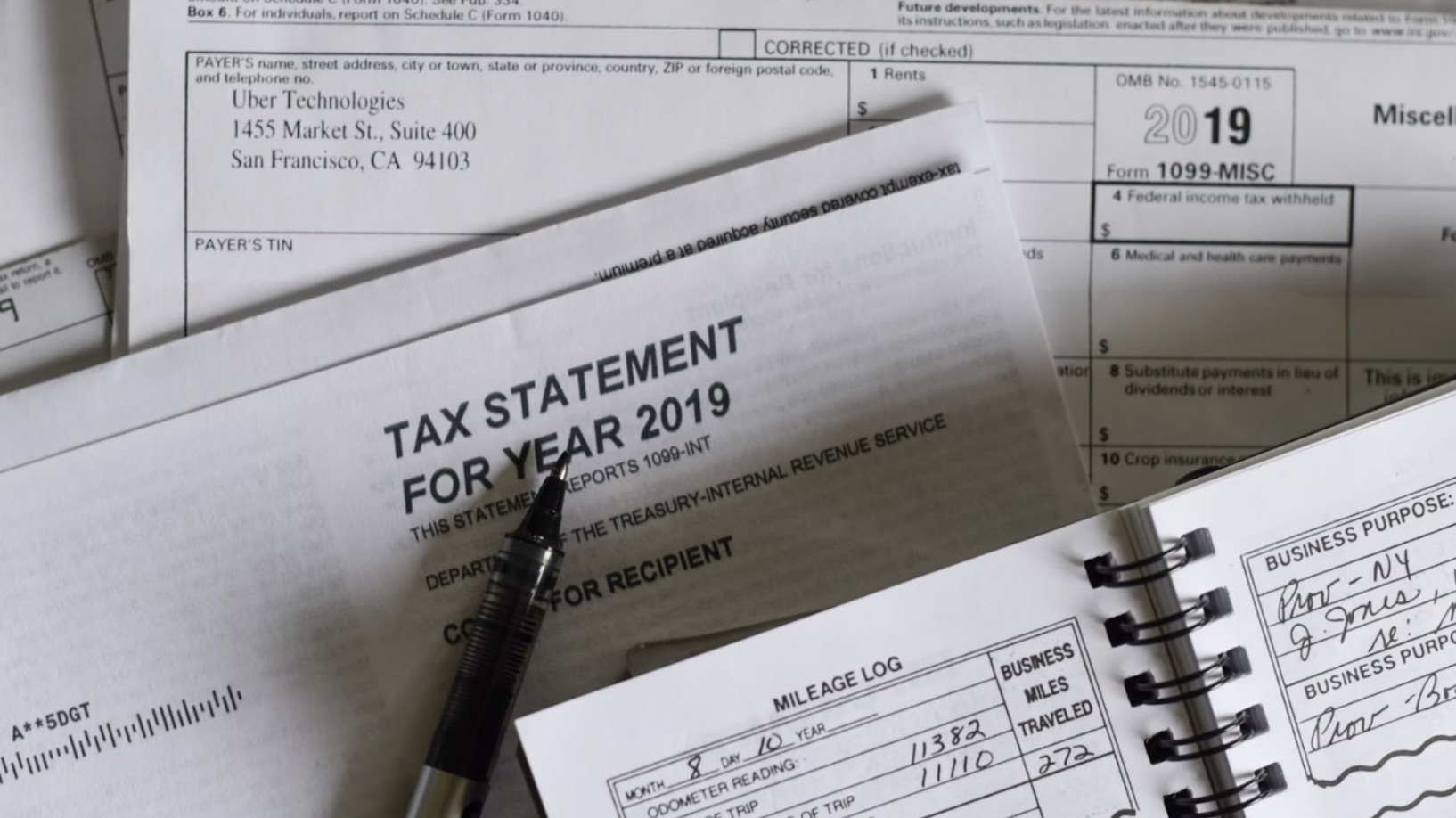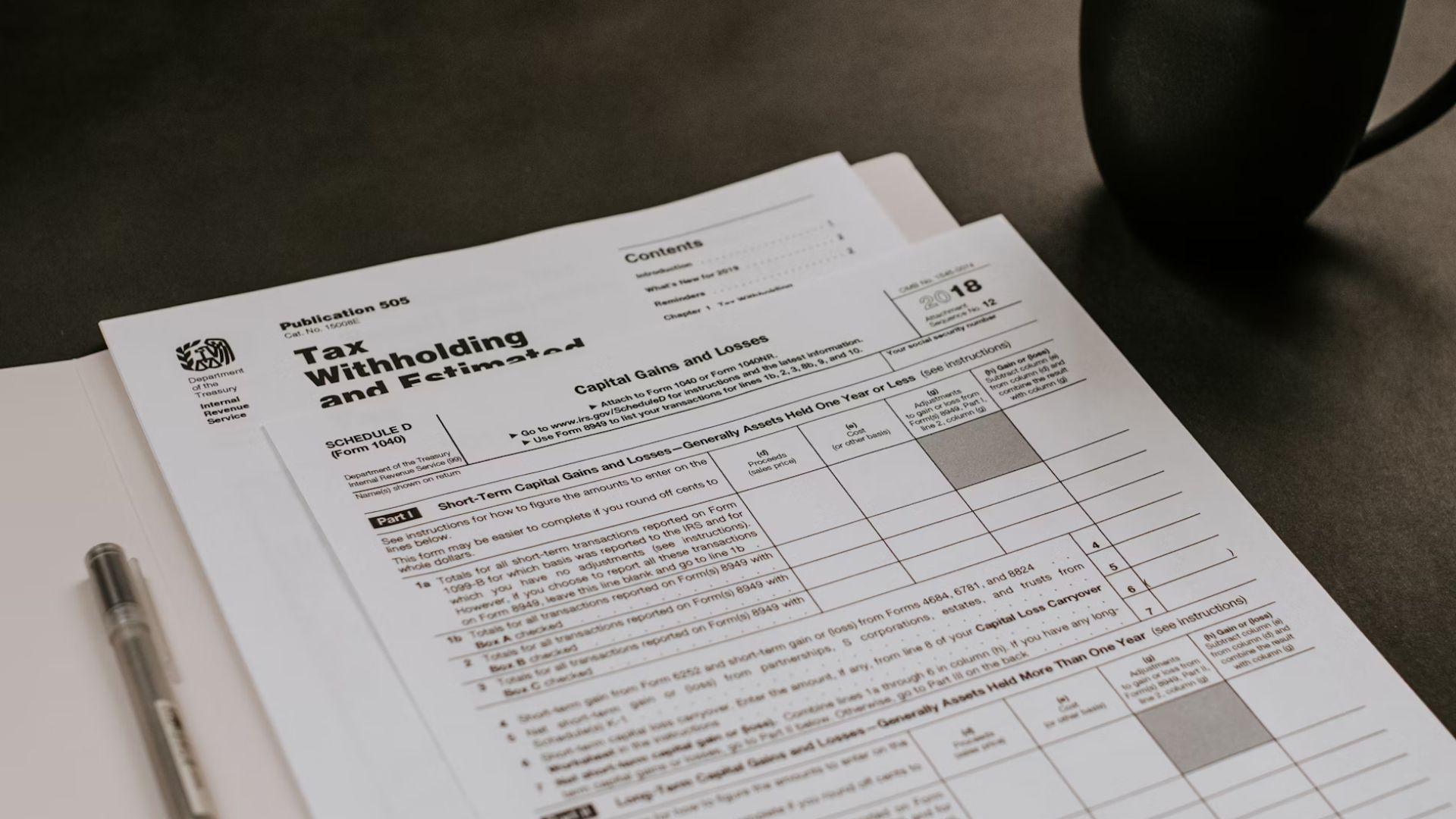Californians Shocked by Health Insurance Taxes
Many Californians are taken aback each tax season by unexpected bills due to overestimated health insurance subsidies.
In 2021, a staggering 415,000 households collectively owed the IRS close to $690 million, averaging $1,662 per household. These surprises stem from the complex subsidy system of Covered California.
The Role of Covered California
Covered California, the state’s insurance marketplace, offers subsidies to make health insurance more affordable.

Source: Nataliya Vaitkevich/Pexels
These subsidies are based on income estimates, which if inaccurately reported, can result in receiving excess aid. This excess is then clawed back by the IRS during tax filing, causing financial strain.
Understanding Subsidy Reconciliation
The process of reclaiming excess subsidies is known as “reconciliation.” It requires individuals to repay any overestimated aid when they file their taxes.

Source: Freepik/Freepik
This often catches people off guard, especially those in lower-income households who may not have anticipated owing money.
Impact on Lower-Income Families
In 2021, half of the households that owed money to the IRS due to excess premium subsidies earned less than $50,000.

Source: Freepik
These repayments can be particularly burdensome for families already managing tight budgets, adding stress during tax season.
Proactive Reporting of Income Changes
Insurance brokers advise that to avoid these unexpected bills, it’s crucial to report any income changes to Covered California promptly.

Source: Kelly Sikkema/Unsplash
This includes bonuses, additional freelance work, or even gambling winnings. Accurate, up-to-date information helps adjust subsidy amounts appropriately.
Common Reporting Mistakes
Many people mistakenly use last year’s income to estimate their current year’s earnings.

Source: Olga DeLawrence/Unsplash
Alex Hernandez, an insurance broker, emphasizes the importance of basing estimates on the current financial situation to prevent receiving too much aid.
Year-Round Updates
Covered California encourages enrollees to update their income and household size throughout the year, not just during open enrollment.

Source: Tima Miroshnichenko/Pexels
Frequent updates can help ensure subsidy amounts are accurate, reducing the likelihood of owing money at tax time.
Unexpected Income Variations
For freelancers and small business owners, predicting future income can be particularly challenging due to its variable nature.

Source: Freepik
This unpredictability can lead to significant discrepancies in estimated income and actual earnings, resulting in subsidy overpayments.
Seeking Professional Help
Insurance agents can provide valuable assistance in managing health insurance subsidies.

Source: Kelly Sikkema/Unsplash
Hernandez suggests enrollees check in with an agent regularly to stay informed and adjust their information as needed. This service is often free, as agents earn commissions from insurance companies.
Balancing Monthly Savings and Annual Costs
Despite potential tax season surprises, many find that the monthly savings on health insurance outweigh the drawbacks. Even if they owe the IRS, the overall cost is often less than what they’d pay for an unsubsidized health plan or unexpected medical expenses.

Source: John Guccione/Pexels
“We just tell them, ‘Hey, you know what, these things can be unpredictable. You want to have some savings,’” says Audrey Casillas from Koreatown Youth and Community Center.
The Importance of Having Additional Savings
Maintaining some savings to cover unexpected expenses like these tax bills is a great proactive decision. Having a financial cushion can help manage the unpredictability of health insurance subsidies.

Source: Kelly Sikkema/Unsplash
For lower-income households, this of course, can be challenging, but if individuals are able to set aside even a small amount each month, it can make a significant difference in the long run.
Looking Forward
As Californians continue to navigate the complexities of health insurance subsidies, staying proactive and informed can help mitigate the shock of unexpected tax bills.

Source: Freepik
Regular updates and professional guidance are key to ensuring subsidy amounts accurately reflect current financial situations.
